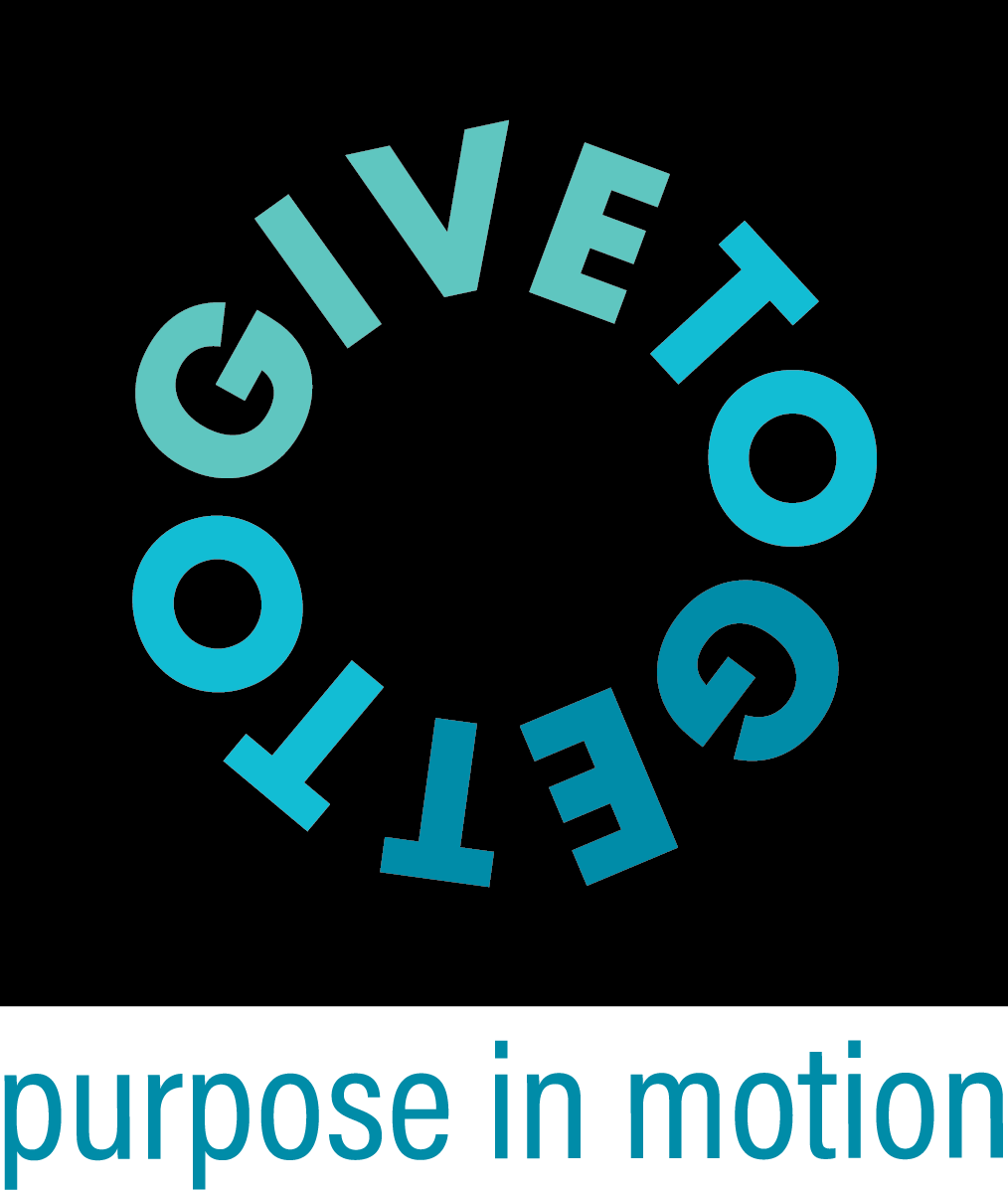Hurricanes, Earthquakes, and Wildfires: How to Help in a Natural Disaster
Photo by John Middelkoop on Unsplash
As if 2020 hadn’t thrown us enough obstacles, a 4.2 magnitude earthquake hit California’s San Fernando Valley on Thursday with Hurricane Isaias heading toward Florida and the rest of the East Coast today. Both California and Florida have also become coronavirus hotspots, making the threat of a natural disaster even more dangerous. Coronavirus testing sites in Florida have been shuttered, thanks to the impending storm, which will most likely impact turnaround times for test results.
If you’d like to help those who may be impacted by the storm or future natural disasters, consider the following:
Prepare if you’re in an area that could be impacted. First responders have action plans that allow them to assist those in harm’s way. To make their jobs easier, consider packing a “go bag” ahead of time. You’ll need first aid supplies, food and water for several days, identification, prescriptions, and more. The Centers for Disease Control and Prevention can help you create kits for your home and car, too.
Send monetary donations. Volunteers who rush to the scene of disasters can often become hurt or stranded themselves. Supplies – even donations like food and water – can get delayed in transit. Consider a monetary donation, which can get to individuals quickly, and can be used to purchase what’s needed when it’s needed. Monetary donations can also assist in the immediate aftermath as well as through the rebuilding process.
Give blood. There has been an urgent call for blood donors this year as fear of contracting the coronavirus has kept regular donors, especially those who are over 65, at home. Without an adequate blood supply, life-saving surgeries may be cancelled and individuals who would normally be able to survive the car accidents that often occur alongside natural disasters may not make it.
House displaced friends and family members. In the immediate aftermath of a disaster, housing can be nearly impossible to find. One way to assist is to open your home to friends or family members while they wait to assess the damage to their homes or find suitable alternative housing.
Foster a furry friend. Animal shelters in disaster areas must often be emptied quickly. Consider fostering one of the shelter’s dogs or cats to ensure that they remain safe during the worst of the crisis. Or, assist a friend or family member by housing his or her pet, which may not be welcomed at a temporary shelter or hotel where your friend or family member may be living.
Once the majority of the danger has passed, there are other ways to give back, too. If you’re looking for other ways to get involved in preparing for the next natural disaster, Give To Get offers At-Home Volunteer Programs that benefit both victims or natural disasters and first responders.

